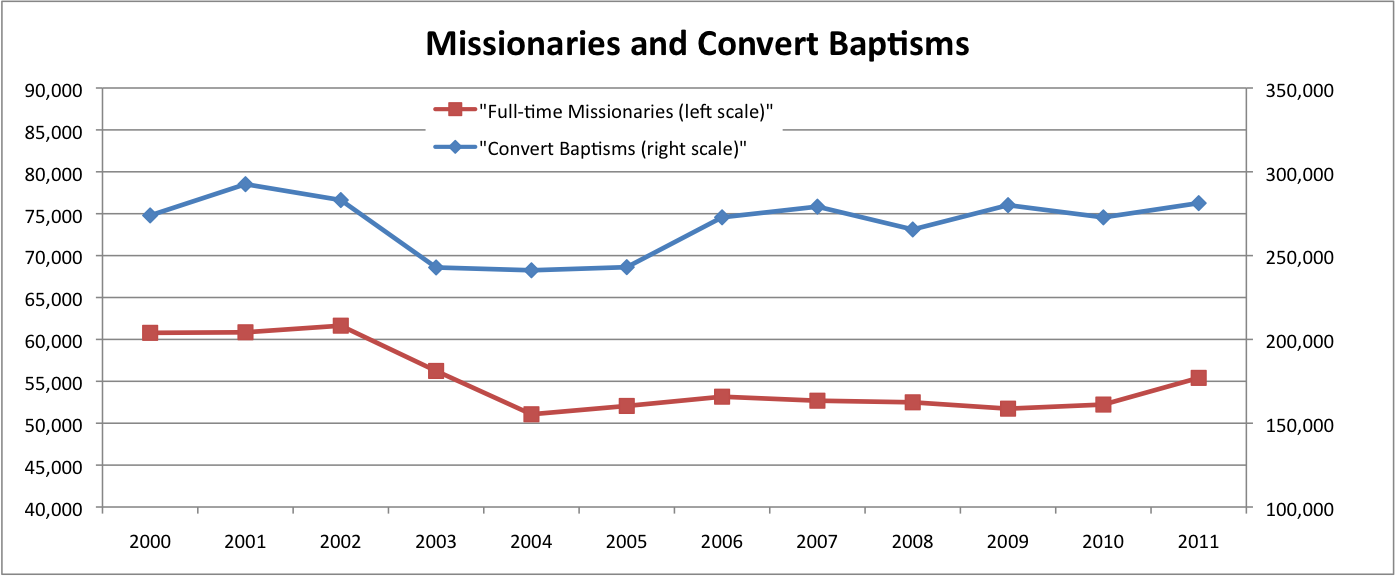Author: Kent Larsen
-
Forbes List Update
I’m a bit behind in putting together my lists, so I won’t analyze this too much. As I’ve done with each of the major Forbes lists of the wealthy, here is a summary of the Mormons who appear on the list of the world’s billionaires that Forbes published last month. While there is certainly a…
-
Literary BMGD #22: The Christian’s Temptation and Triumph
The oft-described poverty and pride cycle in the Book of Mormon means that the peoples in Zarahemla and elsewhere repeatedly have to repent, generally in response to preaching or adversity. The first few chapters of Alma are no exception. In chapters 5-7, Alma preaches repentance, urging them to experience a “mighty change” of heart, and…
-

An Un-natural ‘Natural’
A review of The Last Natural: Bryce Harper’s Big Gamble in Sin City and the Greatest Amateur Season Ever by Rob Miech. Thomas Dunne Books/St. Martin’s Press, 2012. 356 p. Review copy courtesy of the publisher. The title ‘The Last Natural‘ packs a lot of meaning and connotation into a few words. While ‘natural’ clearly…
-
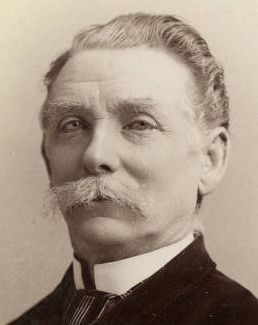
Literary BMGD #21: Our Kings
In the final chapter of Mosiah, King Mosiah and his people face the fundamental political question—what form of government to choose. After Mosiah demonstrates the potential problems with a monarchy, the people choose a more democratic form of government, under the rule of judges. As the first chief judge, Alma then discovers that even democracy…
-
Literary BMGD #20: No one doth know
The principal event in Mosiah 25-28, which is also beautifully and familiarly described in Alma 36, is Alma the Younger’s miraculous conversion. To capture this, I looked for a literary work in the public domain that expressed either the agony that Alma felt or the ecstasy he obtained after his acceptance of the Lord.
-
Who to Watch for MOTY?
Can you remember everyone who has made the news during the past year? Neither can I. As a result, when we get input each December about who should be “Mormon of the Year,” there is, I think, a bias towards recent events. If a Mormon showed up in the news during the last quarter of…
-
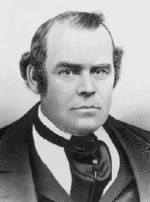
Literary BMGD #19: Baptism
I think the most significant event in Mosiah 18-24 is the baptism of Alma and his followers in the Waters of Mormon. There we find the great description of the Baptismal covenant, in which those baptized …are willing to mourn with those that mourn; yea, and comfort those that stand in need of comfort, and…
-
“For I am not Embarrassed by the Writings of Mormonism …”
In an interview on A Motley Vision, Scott Hales, a Ph.D. student at the University of Cincinnati and the brains behind the recent Mormon Lit Blitz, tells two stories of introducing Mormon literature to students. The first group was dismissive of the Mormon poetry that Scott chose and read to them. But the second group…
-
Literary BMGD #18: O give me back my Prophet dear
Perhaps the most striking part of the Book of Mormon covered in lesson 18 is the martyrdom of Abinadi. Like many martyrs who have suffered since his time, Abinadi testified of what he knew to be true only to find his testimony rejected and his life taken for it. He sealed his testimony with his…
-
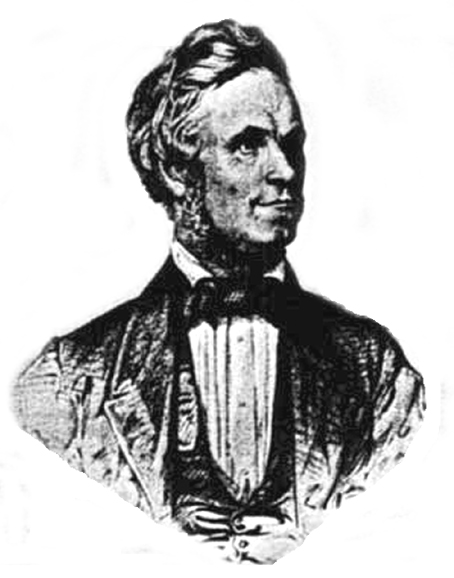
Literary BMGD #17: The Seer
Often LDS lessons based on the scriptures cover such a broad range of topics in the scriptures given that the stated theme of the lesson doesn’t capture what is going on in the scripture passages. While this lesson is certainly one of those times, the poem I found is really about the stated theme of…
-
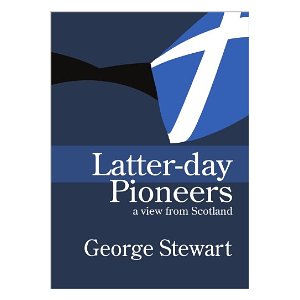
International Bibliography 2011
This year I’ve again managed to put together a bibliography of international works on Mormonism. While I thought the list was substantial last year, it is much larger this year, at least in part because I think I’ve gotten better at finding what has been published. With any luck this will help call attention to…
-
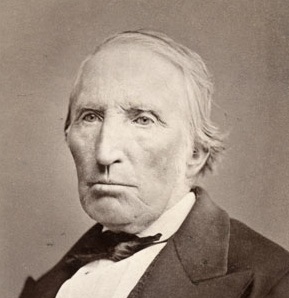
Literary BMGD #16: Forgiveness
The culmination of King Benjamin’s address to his people was the “mighty change” they experienced which led them to repent and covenant to keep the commandments and to seek to do good continually. While the scripture says that they “had no more disposition to do evil,” given the later history of this people, we might…
-

MLB Mormon Update 2012
I’m late preparing this information for 2012, but since I’m going tonight to a game for the first time this year, I thought I’d better get this information together and post it. After a good year last year that saw two Mormons in baseball’s All-Star game and at one point perhaps 13 active players who…
-
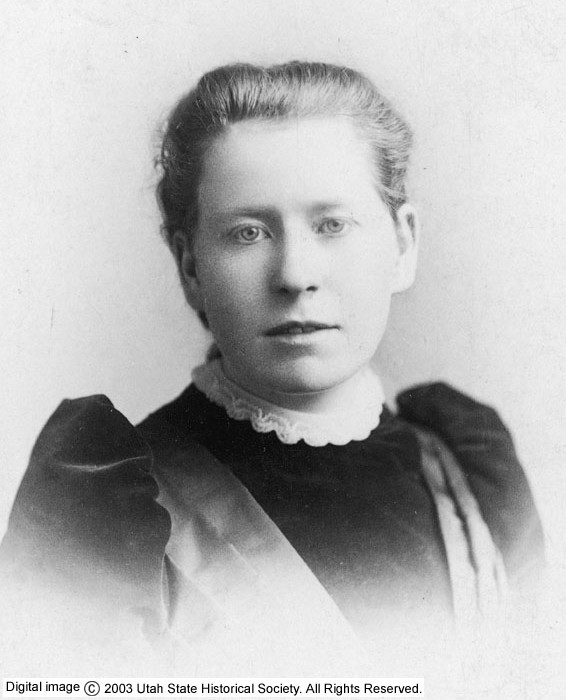
Literary BMGD #15: If I Had Time
King Benjamin’s oft-cited dictum that service to our fellow man is service to God is well known among Mormons. And, if surveys like the recent University of Pennsylvania survey are accurate, Mormons do quite well putting the idea in practice. Still, better than others doesn’t mean that we are where we should be or ought…
-
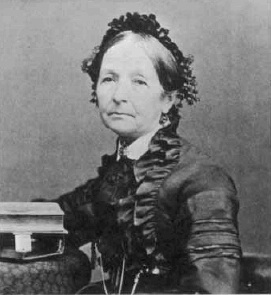
Literary BMGD #14: Awake! ye Saints of God awake!
Perhaps the most dramatic incident in gospel doctrine lesson #14 is Enos’ prayer; an example that has no doubt led many LDS Church members to wonder about their persistence and perseverance in prayer. Indeed, Enos’ story of his prayer is generally taken as a lesson in how to pray and what prayer means. It might…
-
Sunday Morning Session
President Eyring conducted the Sunday morning session, featuring talks by President Dieter F. Uchtdorf, Elder Russell M. Nelson, Elder Ronald A. Rasband, Sister Julie B. Beck, Elder D. Todd Christofferson and President Thomas S. Monson. Direct quotations (based on my notes) are given in quotes; all other text represents my summary of the remarks given.…
-
Saturday Morning Session
President Uchtdorf conducted the Saturday morning session, featuring talks by President Boyd K Packer, Sister Cheryl A. Esplin, Elder Donald L. Hallstrom, Elder Paul E. Colliger, Elder Dallin H. Oaks and President Eyring, with brief introductory remarks by President Monson. Direct quotations (based on my notes) are given in quotes; all other text represents my…
-
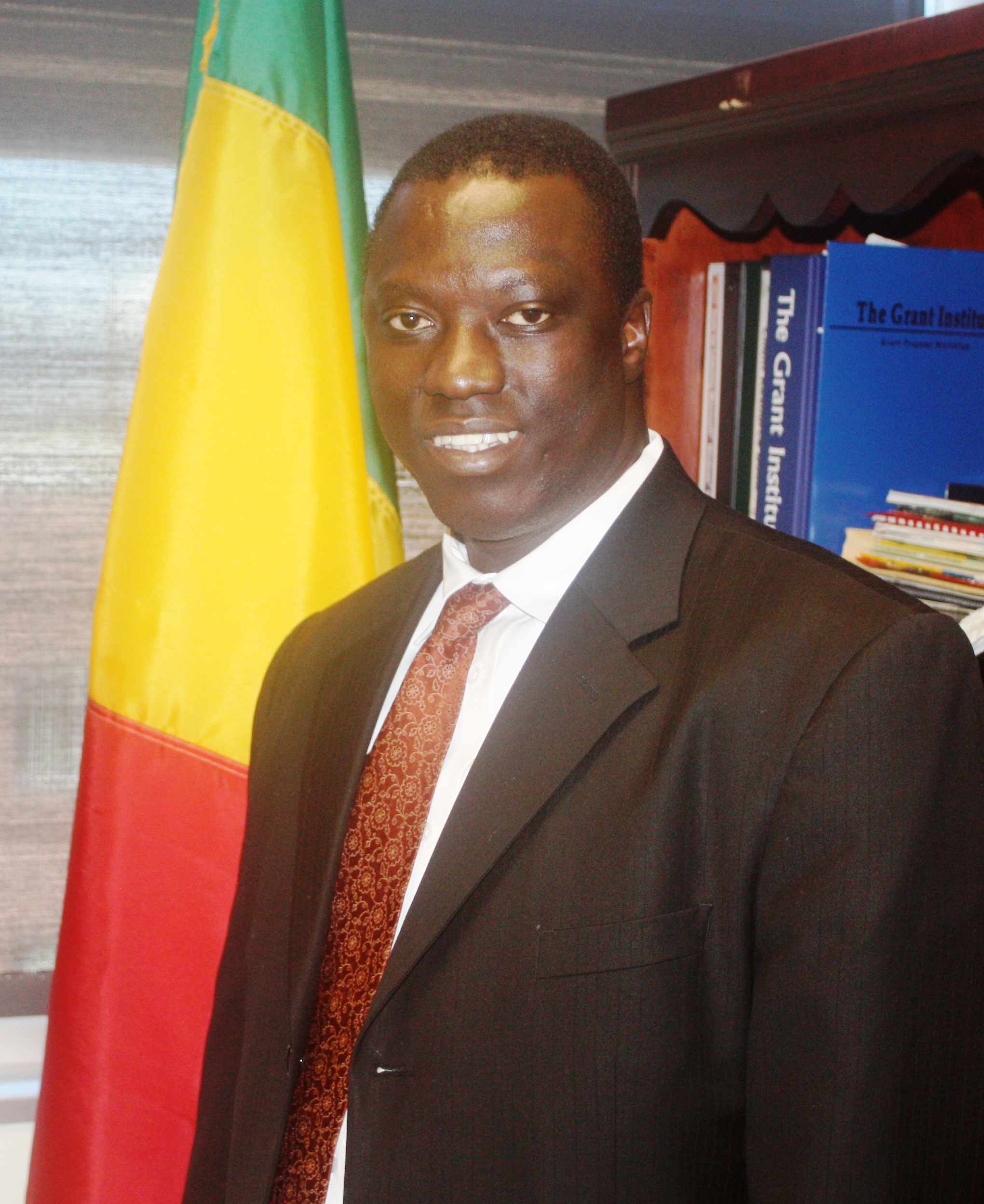
A Mormon Mirage Disrupted
We’re all familiar with unintended consequences. Recent news reports claim that the unintended consequence of last year’s Libyan civil war, which resulted in the death of long-time dictator Muammar Gaddafi. According to these reports, many of Gaddafi’s trained warriors were ethnic Tuaregs from northern Mali. When they returned after the Libyan war, these fighters joined the…
-
![All History is Local: A Review of Tiki and Temple by Marjorie Newton [minor update]](https://timesandseasons.org/wp-content/uploads/2012/03/Newton__Tiki.jpg)
All History is Local: A Review of Tiki and Temple by Marjorie Newton [minor update]
Newton, Marjorie. Tiki and Temple: The Mormon Mission in New Zealand, 1854–1958. Draper, UT: Greg Kofford Books, 2012. Paperback. 343 pages. ISBN: 978-1-58958-1210. $ 29.95. Former Speaker of the U. S. House of Representatives, “Tip” O’Neill, is well known for saying All politics is local. By that he meant that voters choose who they support…
-
Call for Papers: IV Brazilian Mormon Studies Conference
IV Brazilian Mormon Studies Conference Annual Conference of the ABEM (Associação Brasileira de Estudos Mórmons) Theme “The Relationship between Headquarters and Periphery in the LDS Church” January 19, 2013 São Paulo, Brazil Call for Papers In 1830, Joseph Smith organized the Church of Christ in Manchester, New York State, when the movement had only…
-
Literary BMGD #13: Pratt’s Historical Sketch
While eclipsed by the Iron Rod imagery in Nephi, the Olive Tree imagery in Jacob is still well-known and referred to frequently. Like so much of Mormon theology, it attempts to give an explanation for the whole swath of human history and show that we are in the last days. Since both images are unique…
-
Don’t forget the theological issue in posthumous baptisms
It occurred to me the other day when I read Givens’ beautiful description of why we perform ordinances for the dead that our response to some critics of the practice of posthumous baptism may be too defensive. In response to those who believe that baptism or some other ordinance or event is required to enter…
-
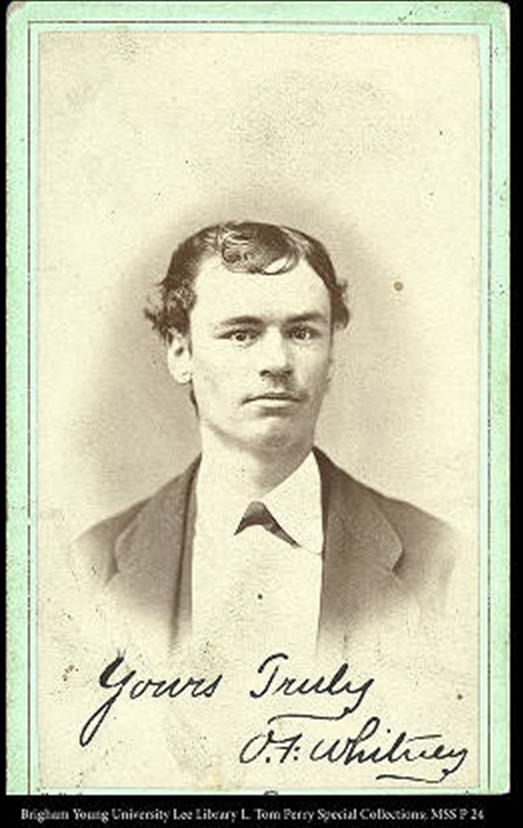
Literary BMGD #12: Aristocracy
A major element of Jacob’s sermon in Jacob 2 is his condemnation of pride and those caught up in their riches. In that sermon, Jacob not only preaches against pride, but argues for equality, saying “Think of your brethren like unto yourselves, and be familiar with all and free with your substance, that they may…
-
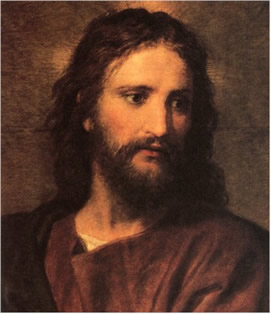
Literary BMGD #11: Eternity of Matter
In Nephi’s final writings (2 Ne. 31, discussed in Book of Mormon Gospel Doctrine lesson 11) he teaches about the “doctrine of Christ,” focusing on Christ’s baptism and redemption of the world from sin and on urging his readers to “endure to the end.” This doctrine is the heart of the gospel, the key element…
-
![The Bott Gaffe: A Chronology [Updated 6Mar12 9:45p]](https://timesandseasons.org/wp-content/uploads/2012/03/randybott.jpg)
The Bott Gaffe: A Chronology [Updated 6Mar12 9:45p]
Since Wednesday, when I read the Washington Post article that cited BYU Professor Randy Bott, I have been surprised at two elements of the news and commentary I’ve read about it. First, I’ve been pleasantly surprised at the unanimity of the response—no one that I’ve seen has tried to defend the ideas that Bott expressed.…
-
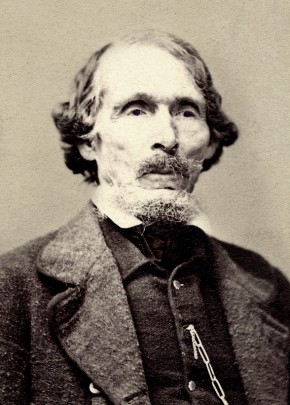
Literary BMGD #10: An angel came down from the mansions of glory
Perhaps the most common theme in early Mormon poetry is the restoration. But while the Book of Mormon itself prophesies about the restoration (as it does in the 10th Book of Mormon lesson), it wasn’t until this hymn was published in 1833 that Mormon poetry addressed the subject. Of course, soon after the Restoration became…
-
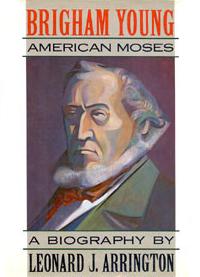
Apostle Biographies or “Holes in our History?”
Often I find that I am annoyed with the focus of much of Mormon History studies today. The articles and books published seem to mostly cover the Joseph Smith and Brigham Young eras, along with a bit of the later Utah period, up to the turn of the century. At least, that is my perception.
-
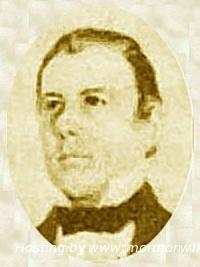
Literary BMGD #9: A Paraphrase of Isaiah 60
Scripture is often repeated in scripture, and poets have rarely been shy about re-using lines of poetry, often without attribution. Plagiarism is everywhere, and our view of it as a faux pas is really relatively recent—this view is certainly more recent than the mid 19th century, when Mormon newspapers started churning out poetry and other…
-
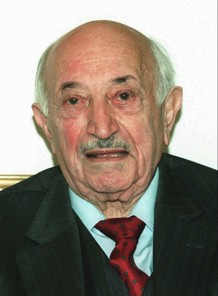
Enough, already!
I was a little annoyed to hear it on the radio again yesterday. The Church was apologizing because apparently over-enthusiastic members had performed temple ordinances for recently-departed Jews, AGAIN! This time the situation was particularly egregious because the Jews involved are the parents of the late Nazi-hunter and war-crimes expert Simon Wiesenthal. Can those who…

